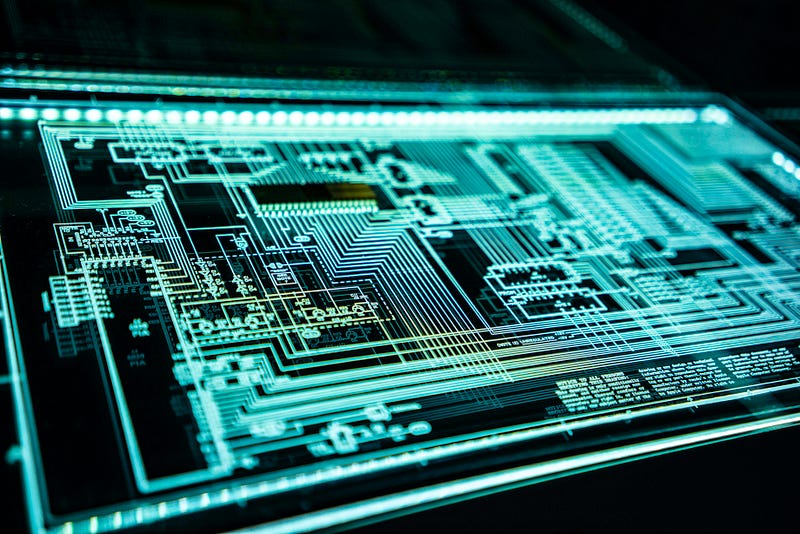The Deceptive Practices of CPU Manufacturers and Their Impact on Security
Written on
Chapter 1: The Legacy of Meltdown and Specter
The vulnerabilities discovered in CPUs, namely Meltdown and Specter, have underscored a significant flaw in modern technology for nearly six years. We previously urged for transparency regarding these vulnerabilities, yet CPU manufacturers have largely failed to change their practices. This lack of accountability has led to further erosion of trust, as evidenced by the current issues seen with Intel and AMD.
Manufacturers continue to mislead their clientele, particularly regarding the security assurances linked to cloud computing. The situation has become so dire that major clients like Google, equipped with their own security teams, are now compelled to pressure manufacturers into identifying and addressing these vulnerabilities themselves. Regrettably, there appears to be no improvement on the horizon.
Section 1.1: The Trust Erosion in Cloud Computing
Recent findings regarding CPU bugs such as Cachewarp, which impacts AMD’s Secure Encrypted Virtualization (SEV), have rendered manufacturers' claims regarding security increasingly unbelievable. The Meltdown vulnerability revealed that the software restrictions imposed by CPUs could be easily bypassed, which is especially concerning in cloud environments where virtual machines (VMs) must operate in isolation.
To mitigate these concerns, both Intel and AMD have introduced hardware-level memory encryption, designed to enhance the separation of VMs in the cloud. This should ideally reduce reliance on trust in the host and data center administrators, as they would no longer have access to sensitive data. Yet, the persistent flaws in this model have been evident for years, and researchers have demonstrated that CPU errors can circumvent memory encryption.
Subsection 1.1.1: A Call for Accountability

Section 1.2: The Repeated Mistakes of Manufacturers
Unfortunately, manufacturers continue to downplay these critical issues. AMD's handling of the Cachewarp vulnerability exemplifies this, as they classify the severity as "medium" while merely issuing patches without any significant reevaluation of their approach.
Intel's tactics mirror this avoidance strategy, as evidenced by multiple security vulnerabilities that might have remained under wraps if not for Google's relentless scrutiny and public disclosures. The fact that a major hardware customer like Google openly criticizes its supplier is almost unprecedented.
Chapter 2: The Need for Transparency
Following the revelation of the downfall vulnerability, it emerged that Intel had likely been aware of these issues for years. The company claimed that some CPU models had already received fixes via earlier microcode updates, but information about these security concerns was only disclosed after Google's involvement.
Google's findings include not only security flaws but also instances of CPU malfunctions that manufacturers refer to as errata. The company promptly publishes details of these bugs, although assessing their significance remains challenging due to manufacturers' lack of transparency.
Why Riot's New Anti-Cheat is a HUGE Problem - In this video, we delve into the implications of Riot's latest anti-cheat measures, exploring the potential risks and challenges it poses for the gaming community.
Windows Security Error: Kernel Mode Hardware Enforced Stack Protection for Fortnite - This video examines the recent security errors in Windows, particularly how they affect popular games like Fortnite and the broader implications for users.
The conclusion is clear: customers are often treated as testers, forced to place faith in manufacturers' promises. After enduring years of critical bugs and a lack of transparency, it's evident that the current approach is untenable. For genuine trust in CPU functionality and security to be restored, manufacturers must embrace openness—sharing internal documentation, open-source firmware, and ultimately even microcode. The likelihood of such transparency from Intel, AMD, or ARM in the foreseeable future remains, unfortunately, a distant hope.